 |
Accreditation process now open for correspondents seeking to attend the meetings of the Conferences of Parties to the Basel, Rotterdam & Stockholm conventions, (online segment) from 26 to 30 July 2021.
Journalists: Cover the 2021 Triple COPs on the sound management of chemicals and waste
|
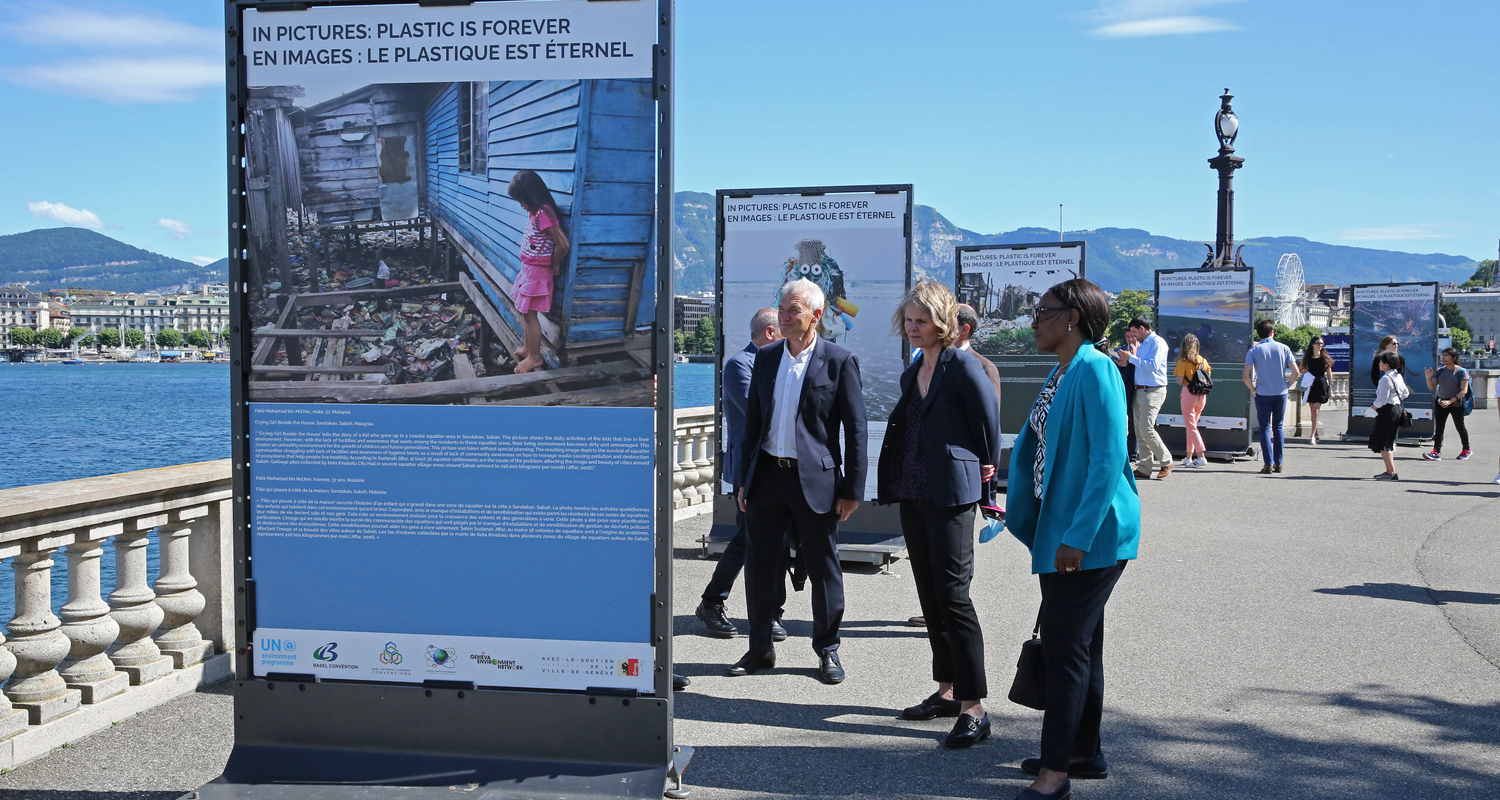 |
Photos from around the world showcased through live and virtual exhibitions, organised by the Basel Convention’s Plastic Waste Partnership, Geneva Environment Network, UNEP, Norway, and the City of Geneva.
Photo exhibition on plastic waste open on Geneva waterfront and online
|
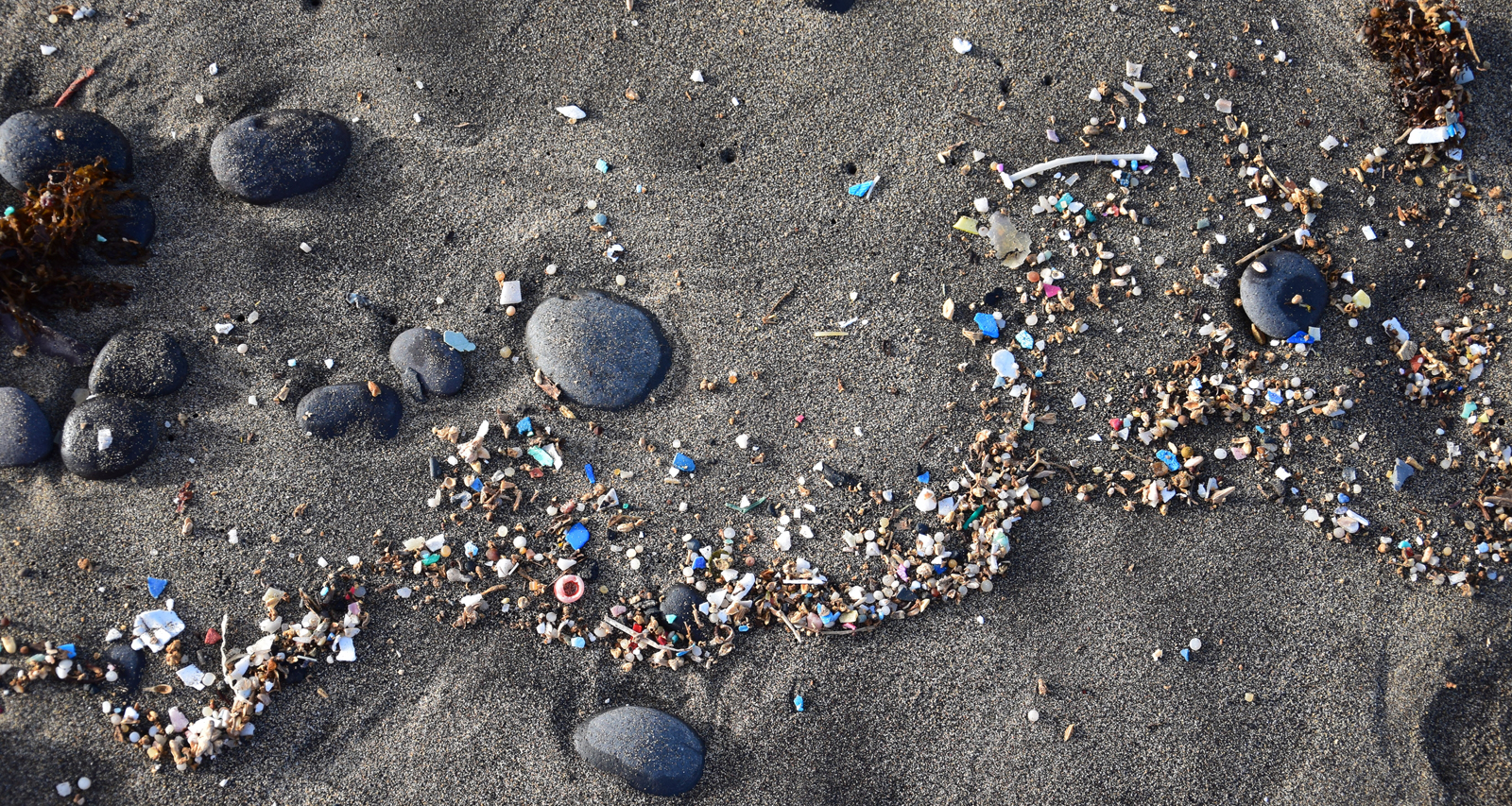 |
Key online meeting of PWP pushes ahead actions to implement the plastic waste amendments and promote environmentally sound management of plastic waste globally.
Second meeting of the Basel Convention Plastic Waste Partnership held online, 14 to 16 June 2021
|
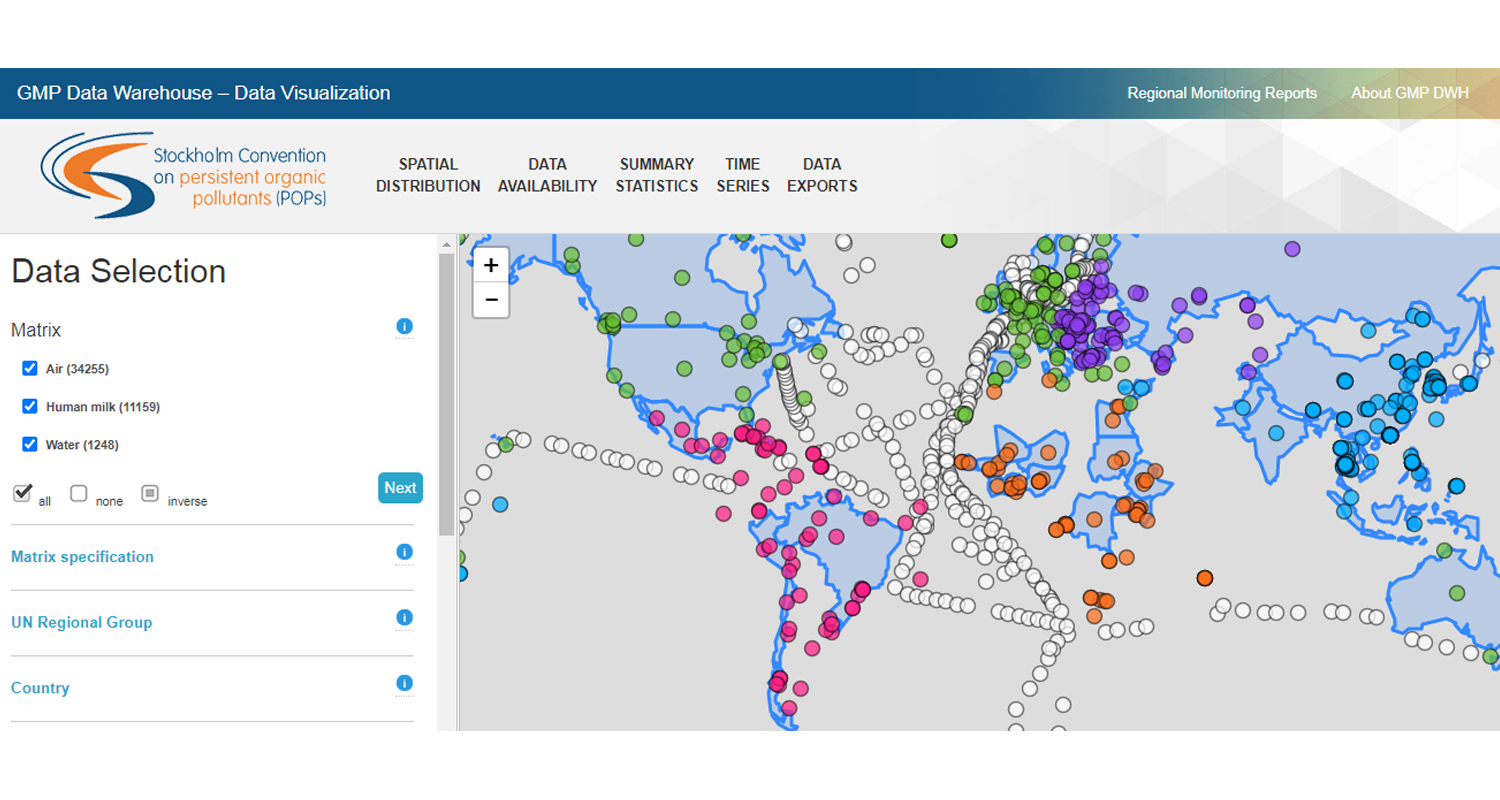 |
The latest round of regional monitoring reports, which have greater data and geographical coverage than before, and which again confirm decreasing levels of certain POPs worldwide, are now online.
Twenty years after the Stockholm Convention was adopted, new monitoring reports confirm decreasing levels of certain POPs worldwide
|
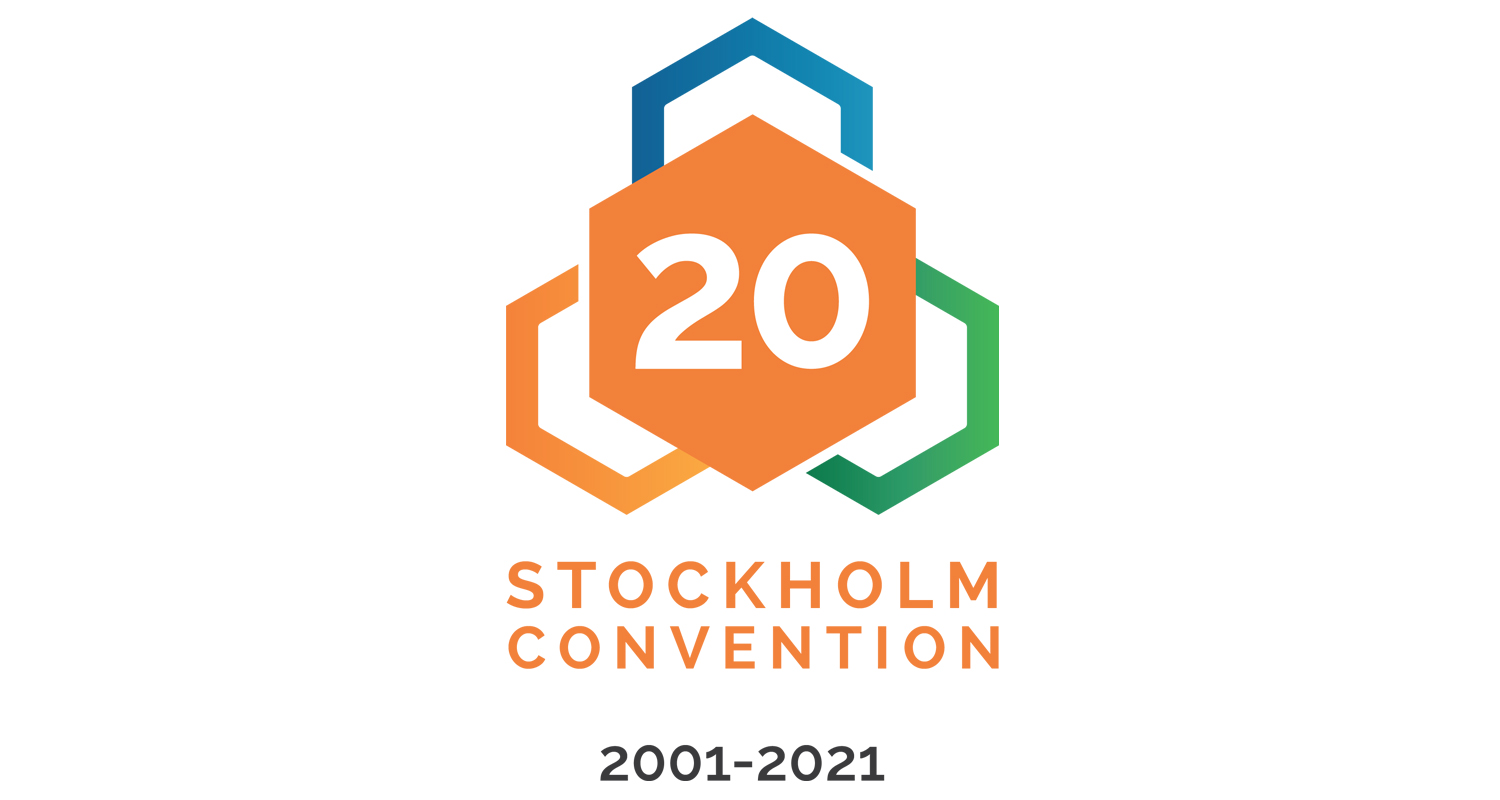 |
Watch the first of the new video series “Twenty Voices for Twenty Years”, featuring Executive Secretary Rolph Payet.
BRS Secretariat launches video series to celebrate Stockholm Convention’s 20th anniversary
|
 |
As the world marks International Biodiversity Day on 22 May, read the joint BRS/Minamata Press Release and find out more about this ground-breaking study.
BRS and Minamata convention secretariats release “Key Insights” from joint study linking chemicals and waste and biodiversity
|
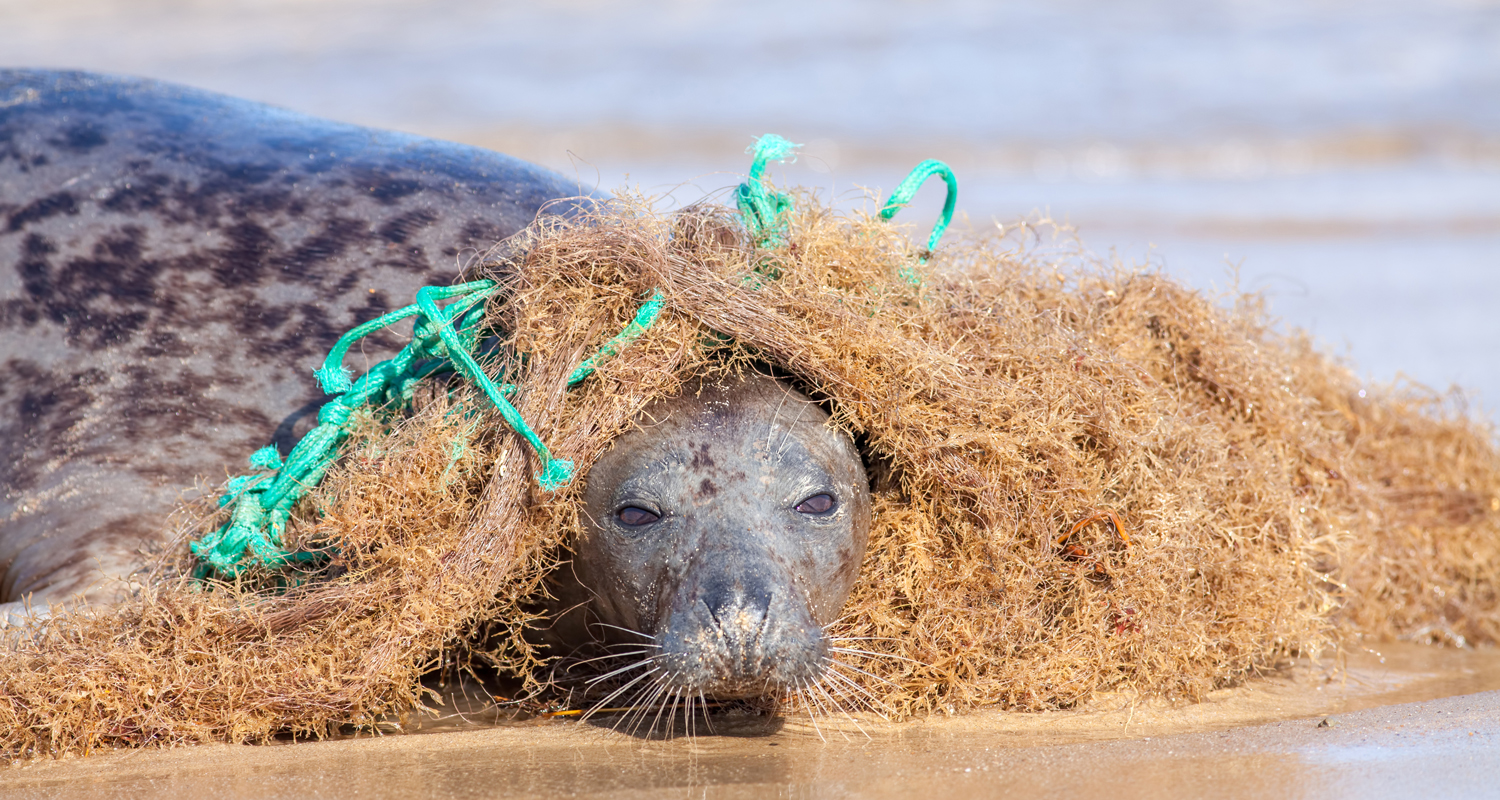 |
Join Rolph Payet and 150 other eminent speakers at the online Global BioFest, 20 to 23 May 2021.
The UN International Day of Biodiversity marked as BRS participates in the second Global Biodiversity Festival
|
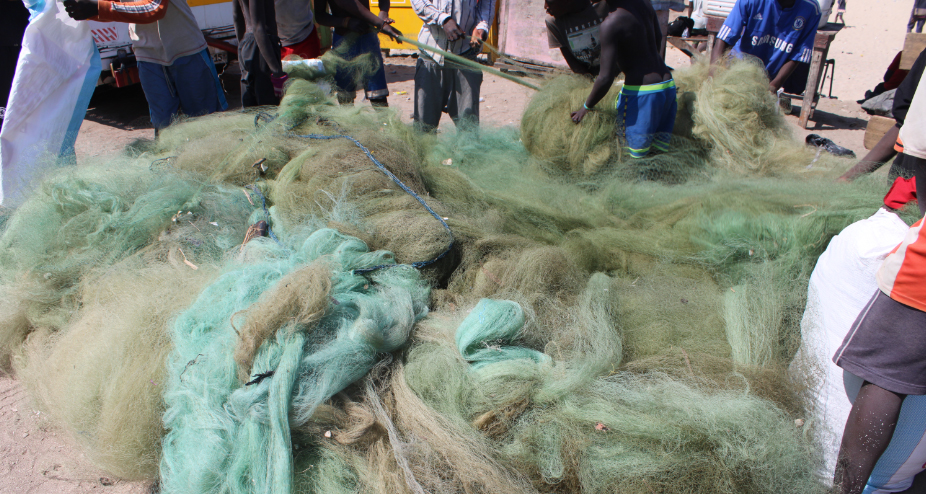 |
Watch how BRS and partners pilot a collection scheme in Ghana to keep plastic fishing nets out of our oceans.
New BRS film on plastic waste shines spotlight on the collection of used plastic fishing nets in Ghana
|
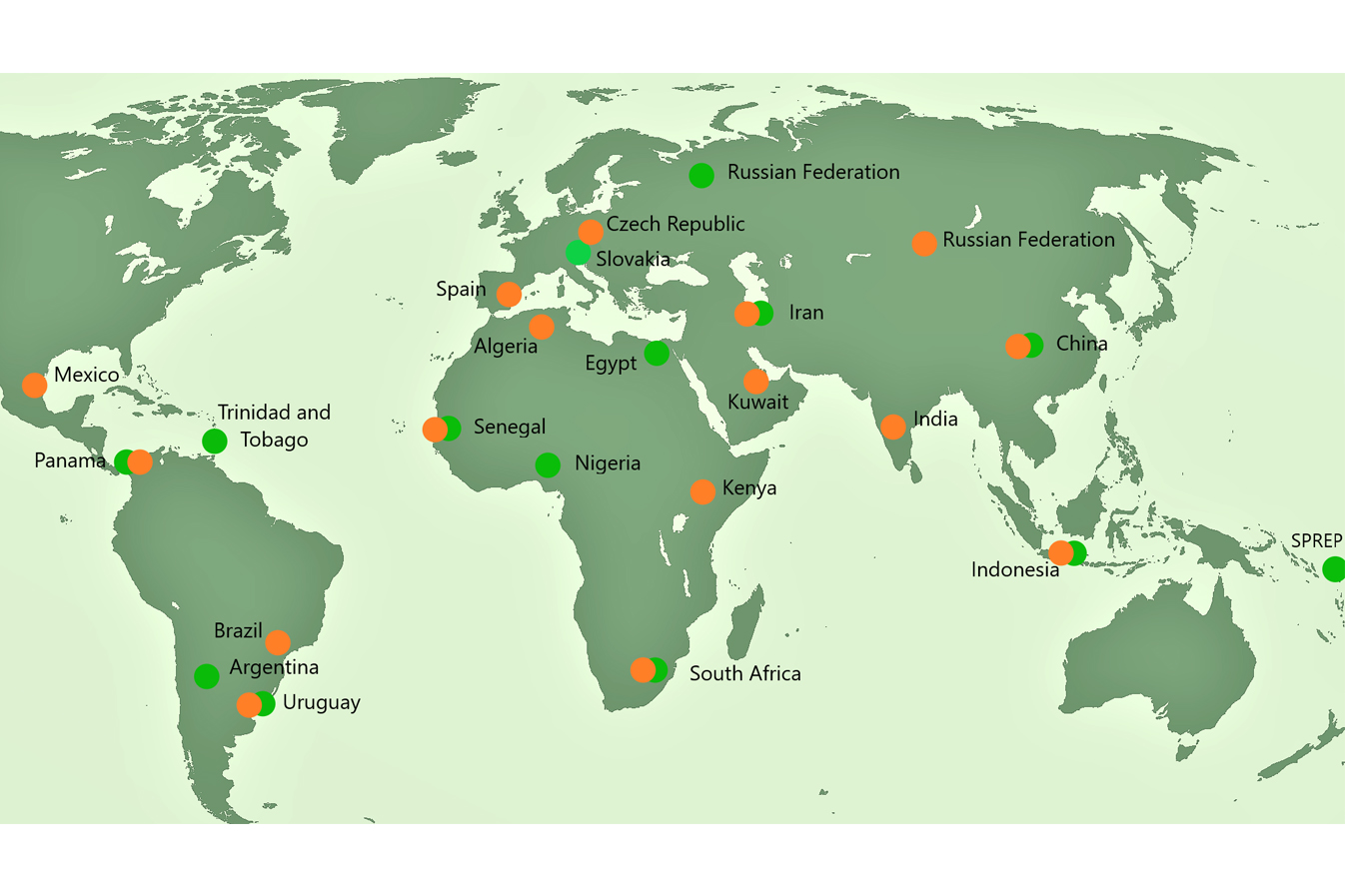 |
With thanks to Norway and Switzerland for funding support, African and Eastern European countries come together online in May, to prepare for the online segment of the 2021 COPs.
Online regional preparations for the online segment of the 2021 COPs begin with the African and Eastern European meetings
|
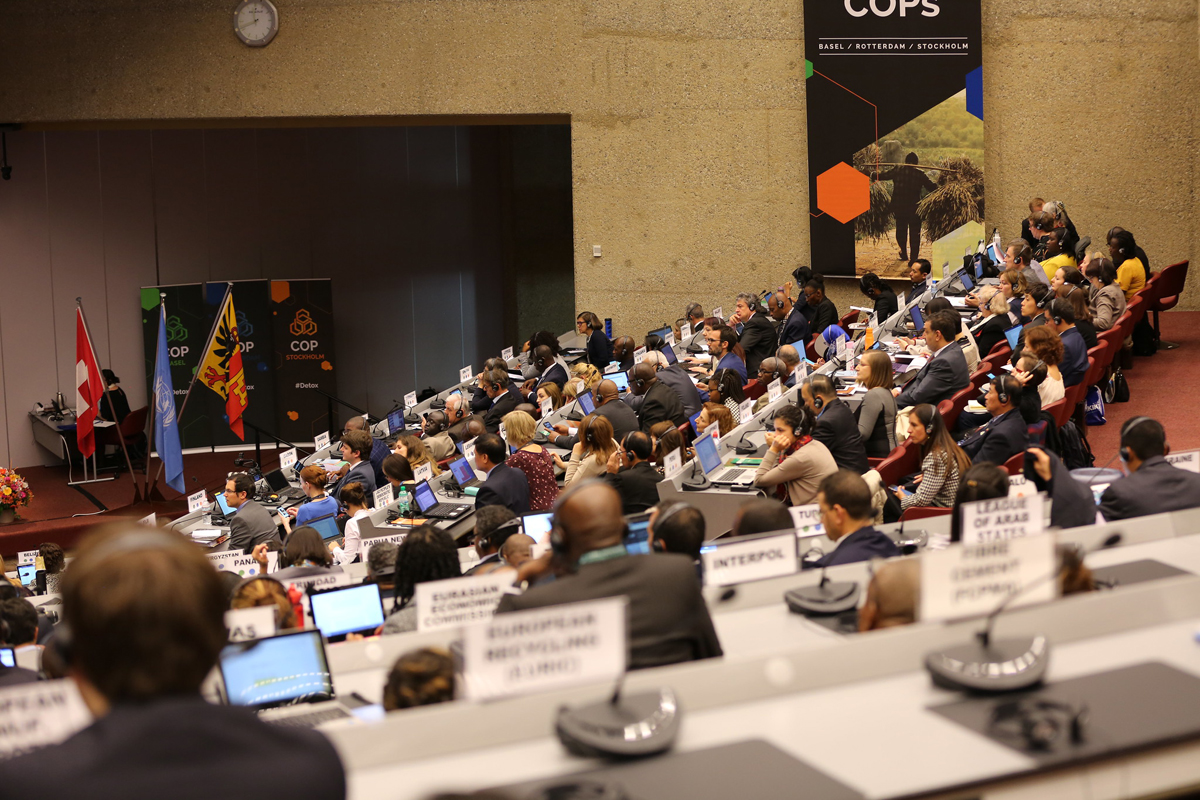 |
The report of the resumed session of the joint meeting of the COPs Bureaux, held online on 26 February 2021, is now available online.
Outcomes of the resumed session of the Joint Bureaux meeting are now online
|
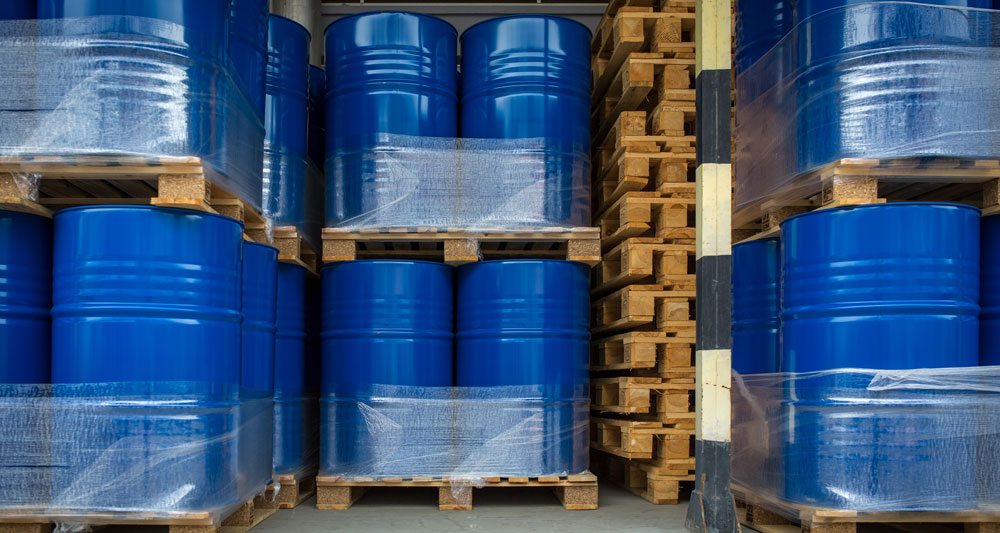 |
The UNEP Special Programme, open until August 2021, supports governments to implement the Basel, Rotterdam, and Stockholm conventions.
Funding available for projects on the sound management of chemicals and waste
|
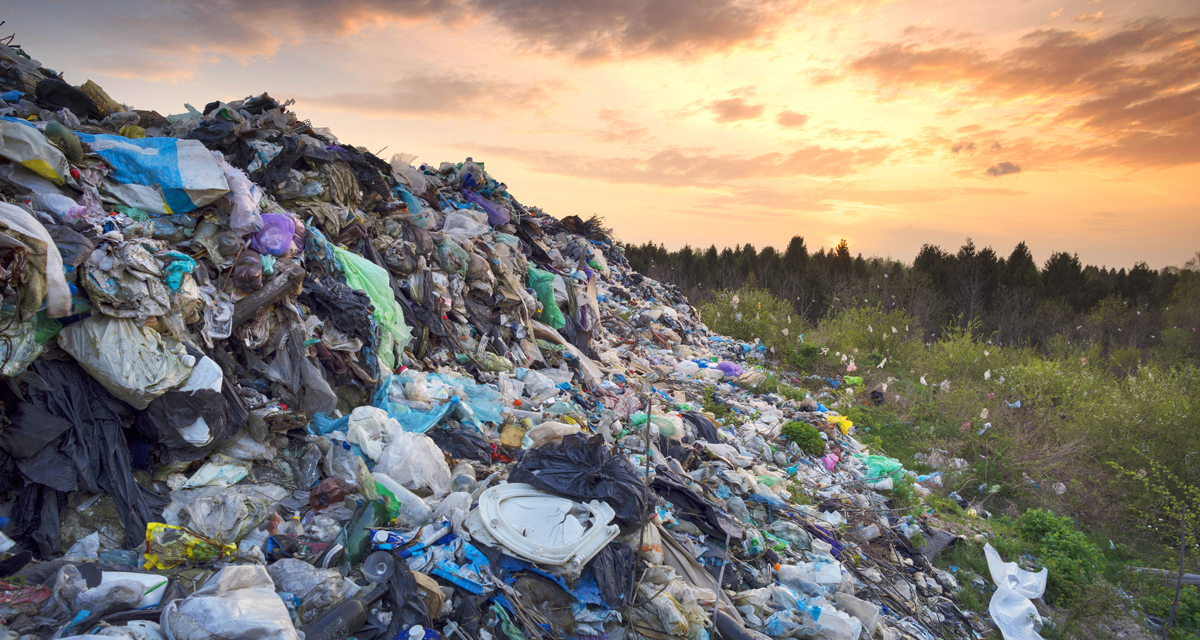 |
Information sought to guide activities on tackling waste in mountain regions, organised by GRID Arendal, together with UNEP & BRS.
Have your say in the first ever global survey on waste in mountainous regions
|
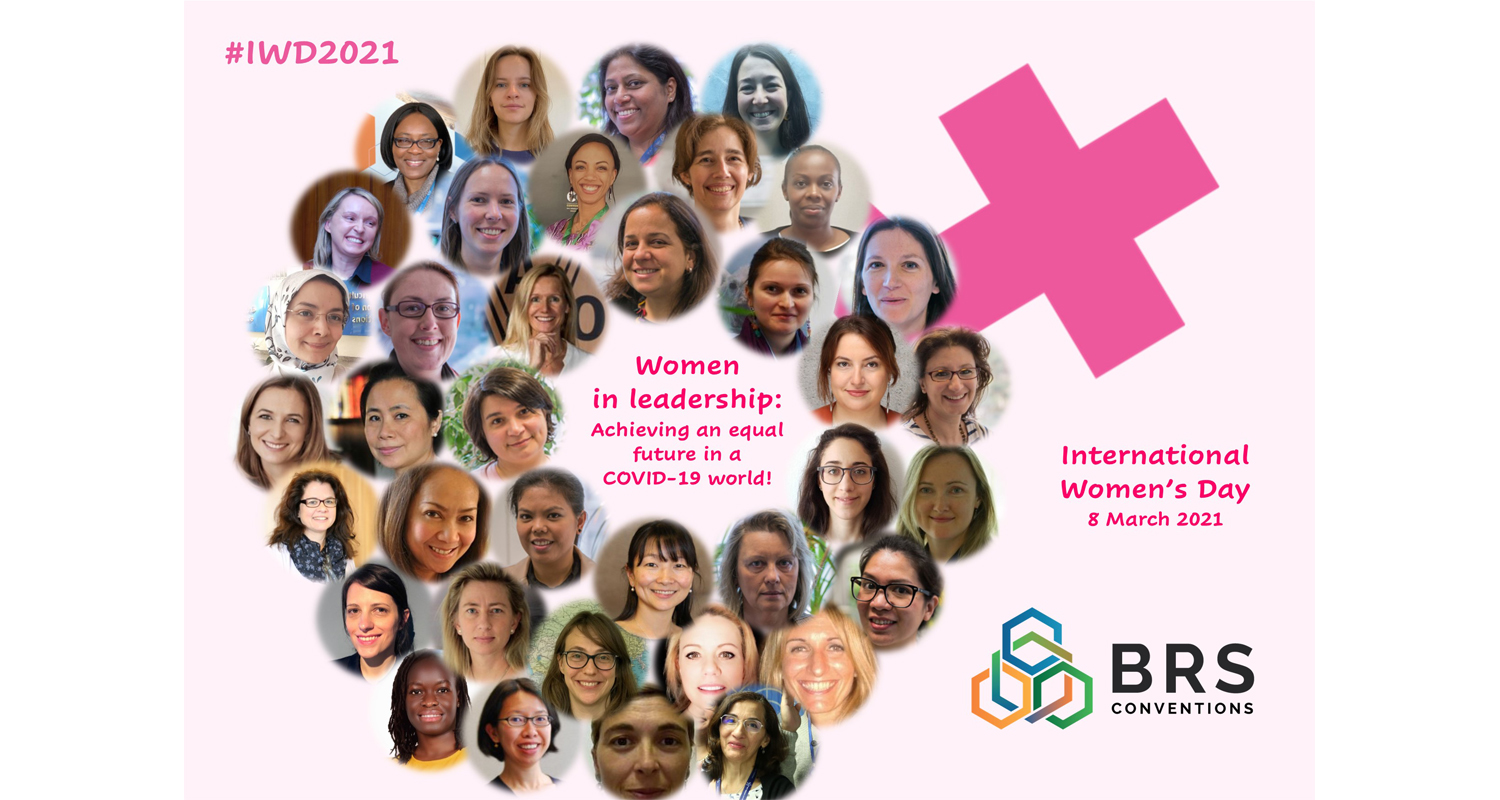 |
Read our Gender Heroes series for inspiring stories of women’s leadership on implementing at local levels the global agreements for a healthy planet.
On International Women’s Day, and everyday, BRS salutes women around the world working for the sound management of chemicals and waste
|
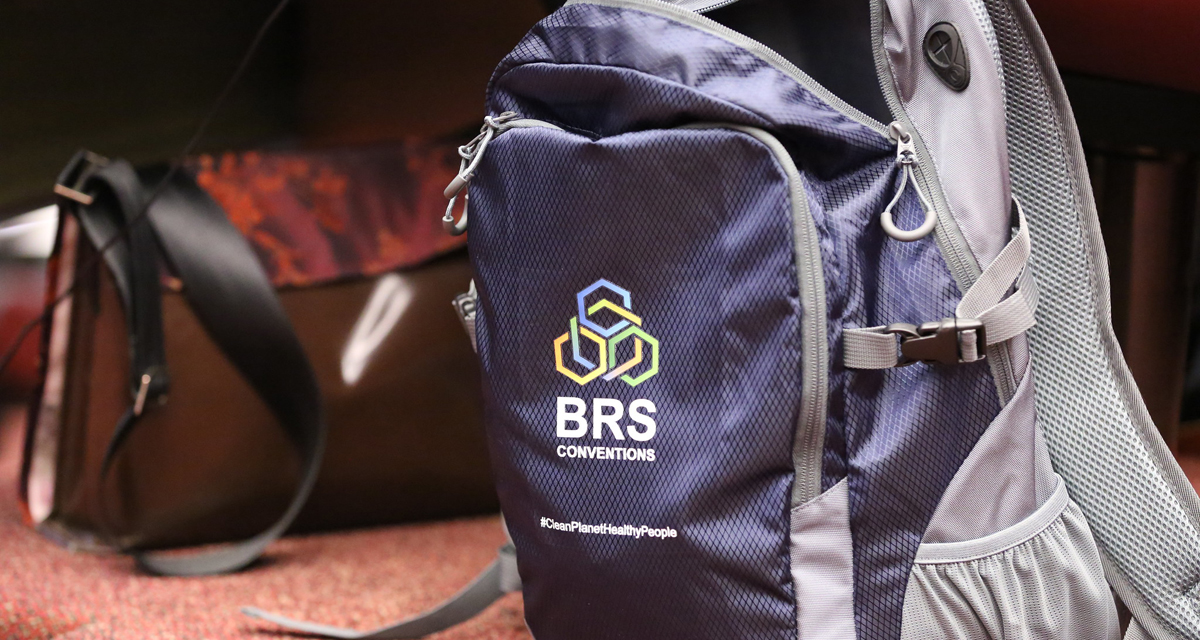 |
The BRS COP Bureaux have agreed at their resumed joint meeting on 26 February 2021 to hold the Basel Convention’s COP-15, the Rotterdam Convention’s COP-10 and the Stockholm Convention’s COP-10, back-to-back in two segments: an online segment in 2021 and a face-to-face segment in 2...
BRS COP Bureaux agree on a way forward for the organization of the 2021 Triple COPs
|
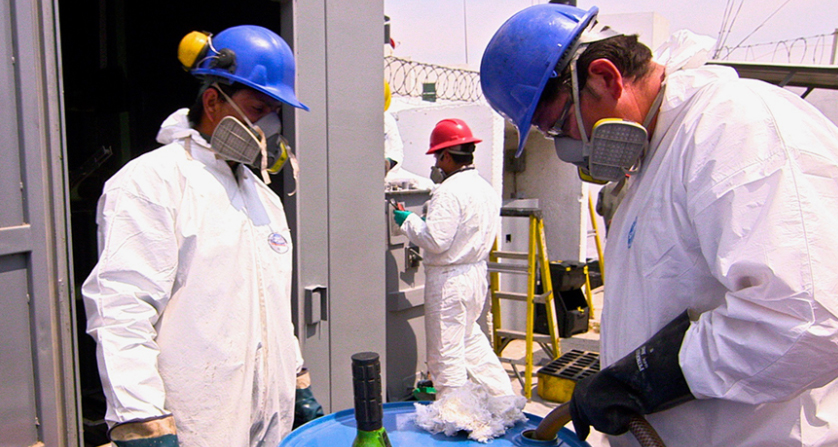 |
Read the new Global Environment Facility “Guest Blog” by BRS Executive Secretary, Rolph Payet, for news of upcoming priorities for implementing global agreements for a healthy planet.
Stockholm Convention implementation priorities highlighted by The GEF’s guest blog
|